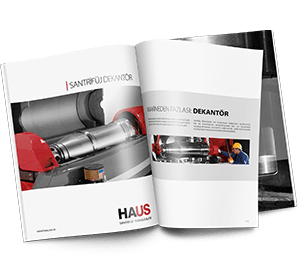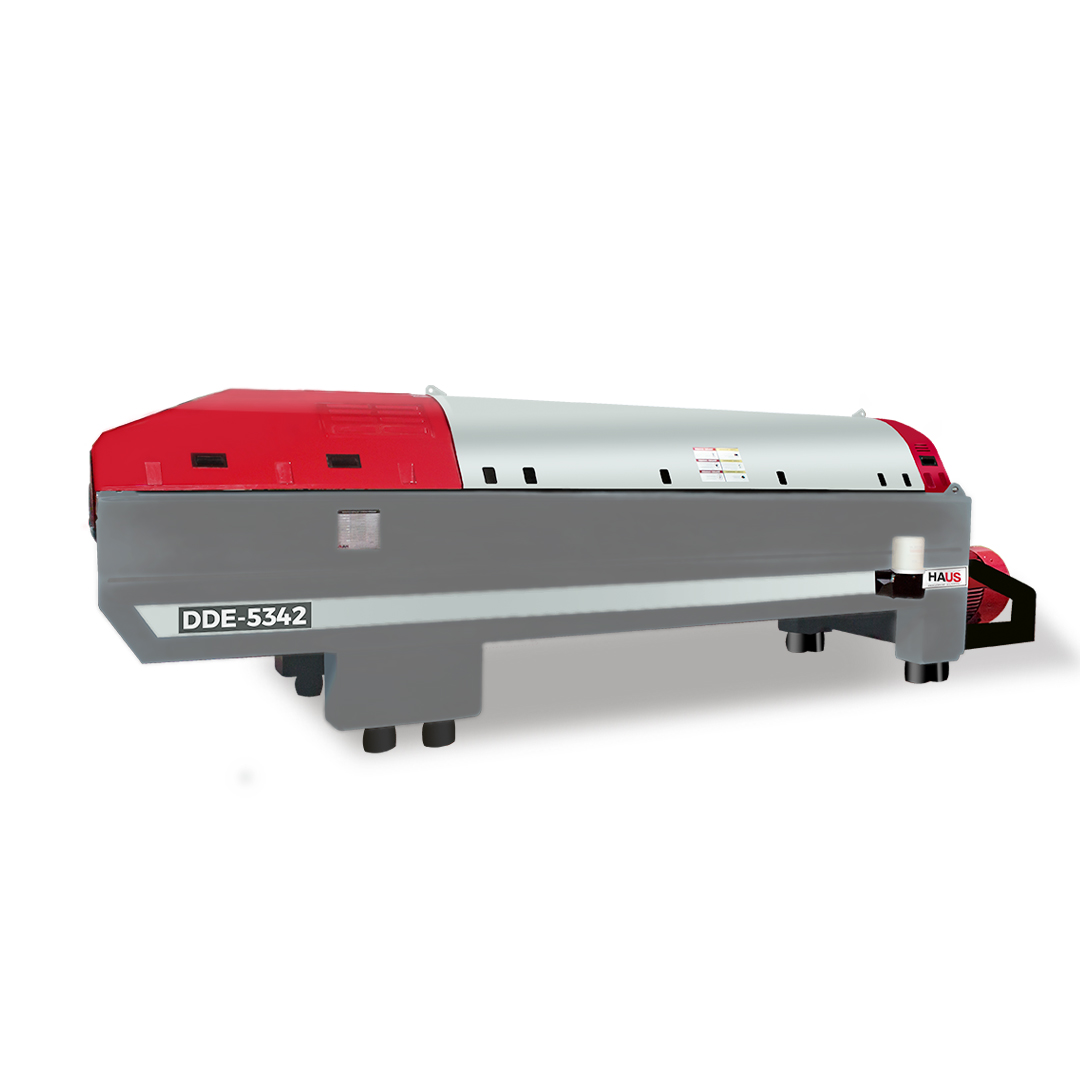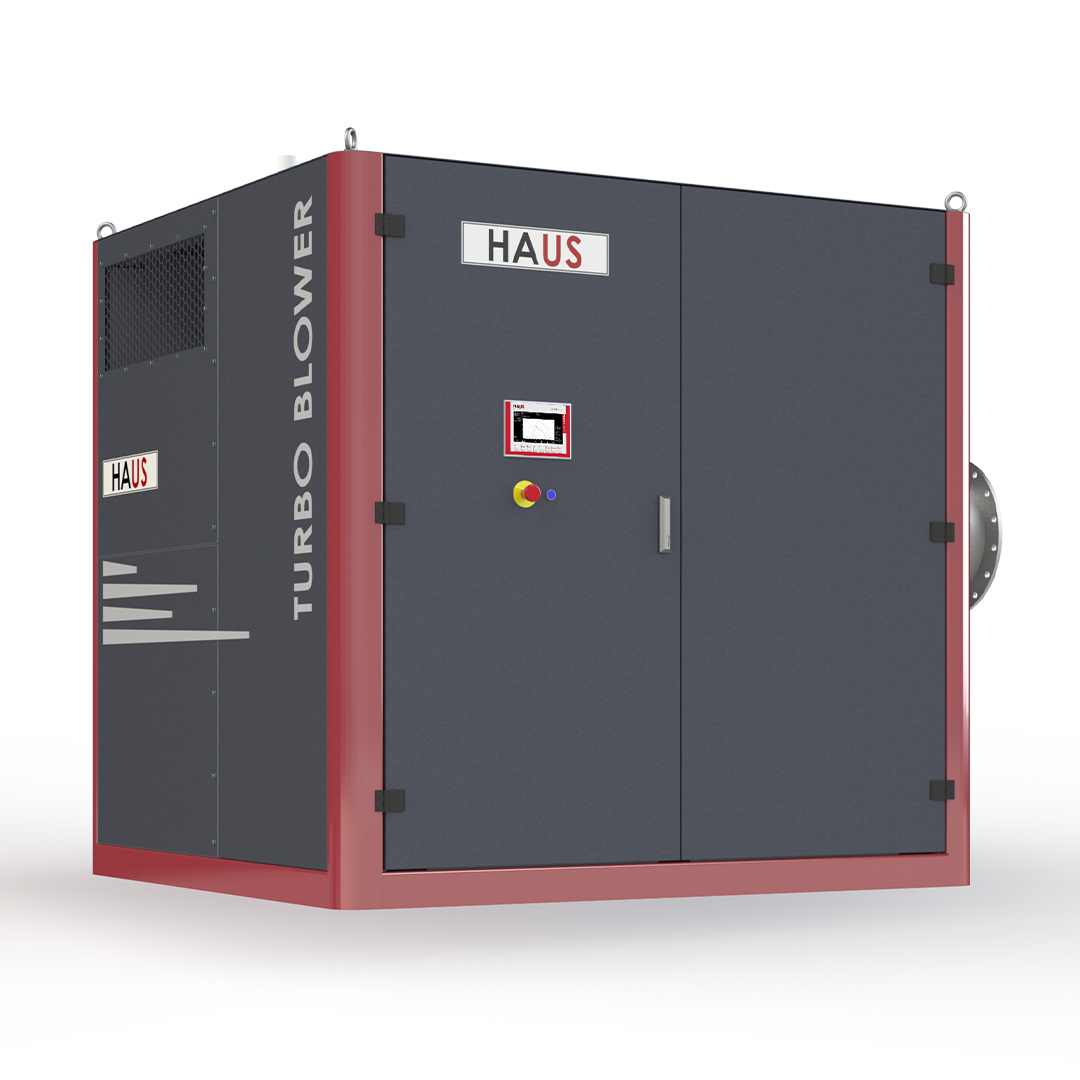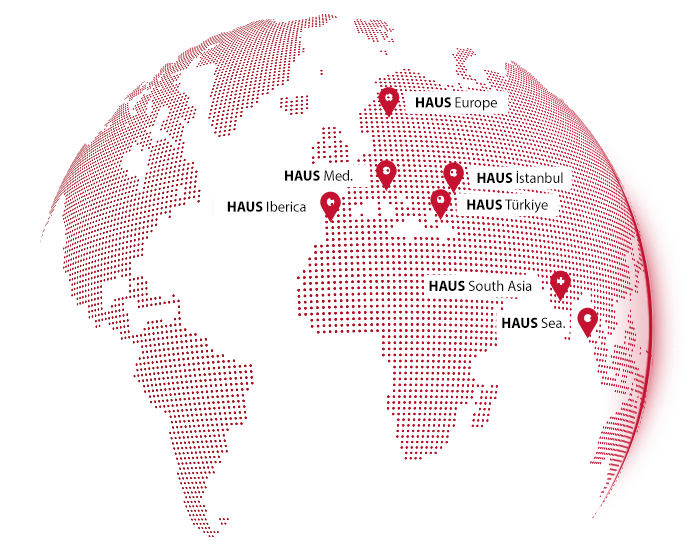Industrial Water Treatment Process
A lot of problems have emerged with the fast expansion and growth of industrial development and urbanization. Seas, forests, fresh water sources are negatively impacted by industrial urbanization and industrialization. Such resources which are needed for the habitat are becoming polluted due to environmental factors as a result of industrialization.
Population increases rapidly in such areas as industrial plants are being established. Accordingly, pollution load of the area also increases. Pollution load needs to be minimized and discharged for efficient and long-term utilization of natural resources.
Streams and lakes are the most important fresh water bodies throughout the world. Insufficient treatment of industrial waste waters causes pollution of fresh water bodies. Streams, lakes and coasts are directly or consequently affected by such pollution. Waste waters discharged to streams without being treated are carried to the coasts of lakes by the stream.
Waste waters produced by industrial plants through various channels as a result of processing raw materials and manufacture are referred to as "industrial waste water". Industrial waste waters may also contain domestic waste waters produced by bathrooms, accommodation and catering facilities of the employees if not separated at the plant.
Industrial waste waters vary depending on the type of industry and process. Certain industrial waste waters may have high organic content, easily biodegradable, high inorganic content or of toxic character. In other words, total suspended solid (TSS), biological oxygen demand (BOD) and Chemical Oxygen Demand (COD) can vary within an extensive range.
Industrial waste water characterization test shall always be performed before deciding on the treatment processes and treatment processes and methods suitable for this characteristic structure shall be determined.
Process Operation
HAUS decanters or screw presses can be used for efficient dewatering of industrial sludge. Such as; Vegetable Oil Production, Refinery/Soapstock, Paper Production, Integrated Meat and Slaughterhouse Premises, Milk Production, Fish Products Production, Forestry Products Production, Fruit Juice and Carbonated Beverage Production, Distillation, Leather Production, Textile Products, Sugar Factories, Mineral Production, Potato and Starch Production, Metal Production, Oil Processing, Coal Washing waste waters, Fermentation Products, Desulphurization, Paint Production , PET Products Recycling, Confectionary Production Plants.
A lot of problems have emerged with the fast expansion and growth of industrial development and urbanization. Seas, forests, fresh water sources are negatively impacted by industrial urbanization and industrialization. Such resources which are needed for the habitat are becoming polluted due to environmental factors as a result of industrialization.
Population increases rapidly in such areas as industrial plants are being established. Accordingly, pollution load of the area also increases. Pollution load needs to be minimized and discharged for efficient and long-term utilization of natural resources.
Streams and lakes are the most important fresh water bodies throughout the world. Insufficient treatment of industrial waste waters causes pollution of fresh water bodies. Streams, lakes and coasts are directly or consequently affected by such pollution. Waste waters discharged to streams without being treated are carried to the coasts of lakes by the stream.
Waste waters produced by industrial plants through various channels as a result of processing raw materials and manufacture are referred to as "industrial waste water". Industrial waste waters may also contain domestic waste waters produced by bathrooms, accommodation and catering facilities of the employees if not separated at the plant.
Industrial waste waters vary depending on the type of industry and process. Certain industrial waste waters may have high organic content, easily biodegradable, high inorganic content or of toxic character. In other words, total suspended solid (TSS), biological oxygen demand (BOD) and Chemical Oxygen Demand (COD) can vary within an extensive range.
Industrial waste water characterization test shall always be performed before deciding on the treatment processes and treatment processes and methods suitable for this characteristic structure shall be determined.
Process Operation
HAUS decanters or screw presses can be used for efficient dewatering of industrial sludge. Such as; Vegetable Oil Production, Refinery/Soapstock, Paper Production, Integrated Meat and Slaughterhouse Premises, Milk Production, Fish Products Production, Forestry Products Production, Fruit Juice and Carbonated Beverage Production, Distillation, Leather Production, Textile Products, Sugar Factories, Mineral Production, Potato and Starch Production, Metal Production, Oil Processing, Coal Washing waste waters, Fermentation Products, Desulphurization, Paint Production , PET Products Recycling, Confectionary Production Plants.

PRODUCTS OF THE APPLICATION
You May Also Be Interested
HAUS
How Can We Help You?
#BECAUSEWECARE









